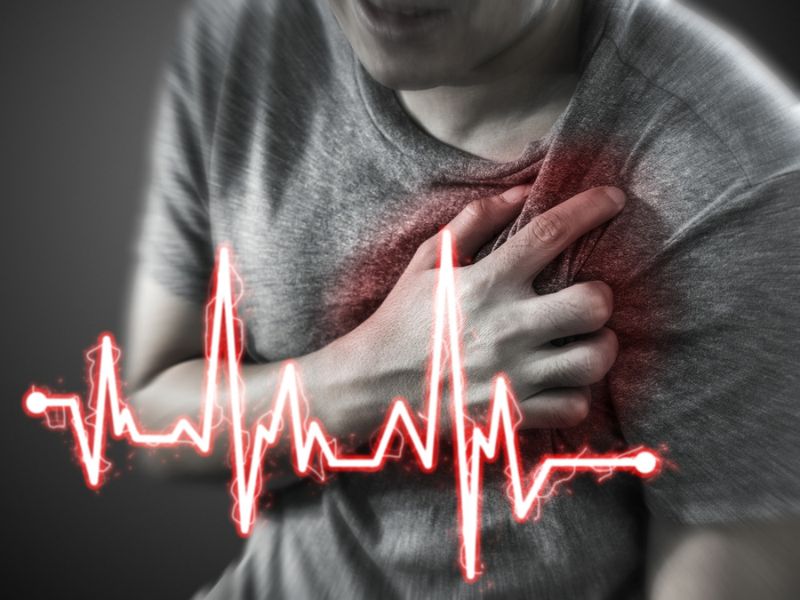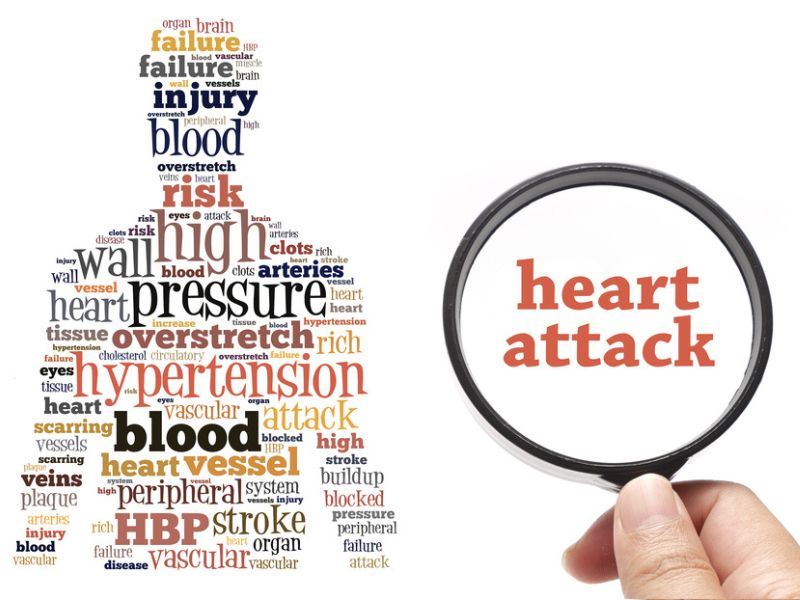Heart attacks can be sudden and unexpected, but the truth is that they often come with early warning signs. Recognizing these signs can help you get medical attention before a heart attack, which could save your life. Here are the four most prominent early warning signs to look out for:
Chest Pain
Chest pain or discomfort is one of the most common early warning signs of a heart attack. It can feel like pressure, squeezing, fullness, or pain in your chest’s center or left side. You shouldn’t ignore the pain, even if it only lasts a few minutes. If you experience chest pain, especially when accompanied by shortness of breath, sweating, or nausea, seek medical attention immediately.

Image Credit: Shutterstock/pickingpok
Fatigue
The heart has to work harder to pump blood when the arteries are narrowed or blocked. Feeling excessively tired or fatigued is another warning sign of a heart attack. It is time to see your doctor if you are always tired, even after a good night’s sleep, or if you feel exhausted after normal activities.
Shortness Of Breath
It could be an early warning sign of a heart attack if you suddenly have trouble breathing or feel short of breath. It is because the heart may not be able to pump enough blood to meet the body’s demands. Shortness of breath can also be a sign of other health problems, so it is essential to get it checked out.

Image Credit: Shutterstock/kenary820
Sweating
It is worth checking out if you are sweating for no apparent reason. Unusual sweating, especially if accompanied by other symptoms like chest pain or shortness of breath, could be an early warning sign of a heart attack. It is because the body may try to cool down when the heart is under stress.
The key to preventing a heart attack is to recognize the early warning signs. If you experience any of the symptoms mentioned above, seek medical attention immediately. It is also essential to lead a healthy lifestyle to reduce your risk of heart disease, including eating a healthy diet, exercising regularly, not smoking, and managing stress.